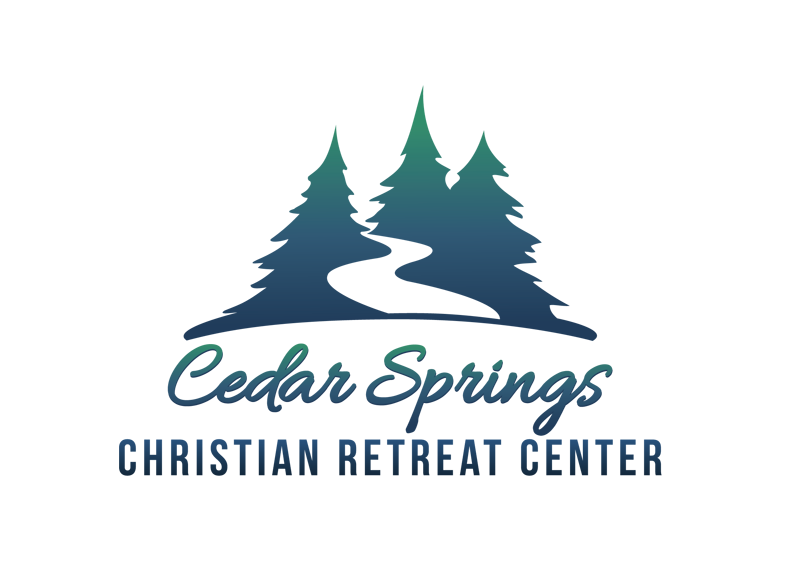Resources
Cedar Springs Trail map
"Retreat" or "Conference"?
Now this might sound like strictly semantics, but if you are a volunteer event planner for your church, this is an important distinction to make in your planning process. Let's take a quick look at what the difference between a "retreat" and a "conference", why it matters, and what we should do about it.
Historically, a "retreat" had more spiritual roots – coming away, perhaps in silence and solitude, for the purpose of prayer, reflection, meditation and attending to the inner life.
A "conference" then, might be defined by a number of people interested in the same topic coming together to learn more about that topic.
So what? Well, for one it is going to make a big difference where and how you plan your event. You could facilitate a "retreat" by providing rooms, food, an empty schedule and not much else. But a "conference" may require speakers, breakout sessions, seminars, panels, and the works!
Planning an effective "retreat" or "conference":
1. Begin with the end in mind. As planners and programmers, that means making a list that answers the question “at the end of this event, what outcomes will show we were successful?” Is it specific information we want them to learn? A higher level of inspiration? A deeper level of community or networking? To be more rested or relaxed? To have processed their internal turmoil? To have a plan for the next year?
2. Set your schedule to help you reach your outcomes. Resist the urge to add good things to your schedule that don’t tie into your desired outcomes. Ask these key questions: “What elements will produce those outcomes?” “What will hinder them?”
3. Communicate your desired outcomes to your attendees. Help people set their expectations to be in line with the type of program you will be delivering, and the end result you are seeking to provide. If you can connect this to their “felt needs” they will be all the more motivated to attend and engage.
Now, there is a decent chance that your event might not fall cleanly into the “retreat” bucket or the “conference” bucket. It will probably be some sort of hybrid. You can have an event that introduces a good deal of content, but takes place in a beautiful setting, and incorporates enough white space into the schedule to allow for informal networking, or a mental break to keep content blocks more effective.
But if you are going to use either of those words in your communications, consider elaborating enough as to what that means in your context, to help clarify for people who may have their own definition of the term. Or just use other words that you can define by the experience itself. For example, “Women’s Weekend” is free to be whatever we want it to – as long as it is for women and on a weekend.
4. Finally, evaluate. Eyes and ears open during the event, then afterward too, simply seeking to answer the questions: Did we achieve the outcome(s) and are there changes that could help it to happen more or better?
Time away with your group can be a powerful experience, and intentionally programming toward well-defined outcomes can help take it to the next level!


